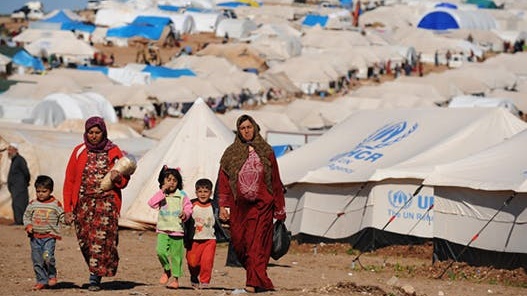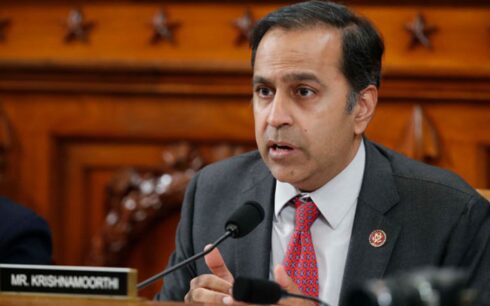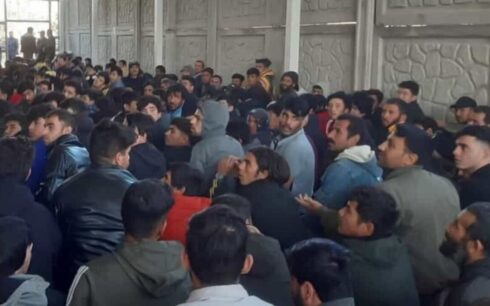The World Food Program (WFP) has announced that its funding for food assistance in Afghanistan will run out by October – in just three months.
The WFP is able to support five million people in Afghanistan during the next few months, but once funds run out, the program will be unable to continue its operations.
The restrictions imposed by the Taliban on women have played a significant role in reducing the assistance provided by the organization, according to Hsiao-Wei Lee, the director of the WFP in Afghanistan.
“It’s five million people we are able to serve for another couple of months but then beyond that, we don’t have the resources,” Hsiao-Wei told Reuters.
Meanwhile, many economic experts have also expressed concerns over the discontinuation of food assistance by the WFP and suggested issuing a call for help to prevent a crisis.
One proposed solution is to establish central food reserves in silos, located in Kabul, to ensure a steady supply of food.
“If the World Food Program cut the relationship [with Afghanistan under the Taliban rule] and does not continue to provide support after three months and the Taliban does not make any move, the situation will deteriorate. My suggestion is to store food in silos and establish a food storage center in ten silos,” said Sayed Masoud, an economic expert.
The WFP currently assists four million people in Afghanistan, while the need for assistance extends to fifteen million people.
Bahram Ramesh, an expert in political affairs, warns that the depletion of the WFP’s budget will have negative consequences for Afghanistan, including a worsening economy and an increase in the poverty gap.
“This situation may also contribute to the gradual departure of people from the country, further exacerbating insecurity,” Ramesh said.
Despite the challenges, the director of the WFP in Afghanistan emphasizes the importance of continuing assistance to vulnerable individuals and carrying out nutrition projects.
She added that half of the recipients of WFP assistance are women and girls.
Meanwhile, citizens, particularly those in Bamyan, are calling for the continuation of assistance from humanitarian organizations in Afghanistan.
Previously, the United Nations requested a budget of $3.2 billion to address the humanitarian crisis in Afghanistan.
However, only 9 percent of this budget has been secured, leaving a significant funding gap that needs to be addressed urgently.





